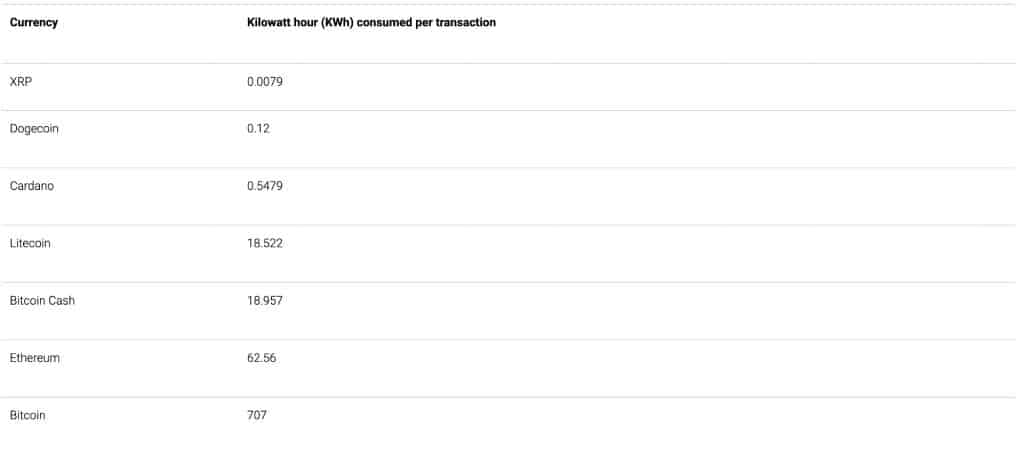While Tesla’s options for a sustainable cryptocurrency to use for investments and transactions for its goods are limited, they are ideal for the automaker’s needs, environmental requirements, and corporate image.
Elon Musk, Tesla’s CEO, revealed yesterday that the ability to buy cars with Bitcoin will be phased out due to environmental concerns. “We are concerned about rapidly increasing use of fossil fuels for Bitcoin mining and transactions, especially coal, which has the worst emissions of any fuel,” Musk wrote in a Twitter post last night. “Cryptocurrency is a good idea on many levels, and we believe it has a promising future, but this cannot come at great cost to the environment.”
When Tesla was established in 2003, its goal was to “accelerate the transition to sustainable energy.” Since the introduction of the original Tesla Roadster in 2008, the company has saved over 16.5 million tons of CO2, assisting in the transition of an automobile industry that has dominated by gas powertrains since its inception to more efficient modes of passenger transportation. Tesla’s reversals after deciding to invest in and embrace Bitcoin as a means of payment demonstrate that the organization is still committed to operating in an environmentally sustainable manner even before a car is placed on the road. The entire manufacturing process, from payment to delivery to vehicle operation, must be environmentally friendly.
Typically, cryptocurrencies are not the most environmentally friendly option to use as a payment method. “Digital assets such as Bitcoin have a considerable environmental footprint due to the amount of energy required to power the algorithms behind them,” TRG Data Centers writes. “While this could theoretically be done using renewable energy, in reality, it usually isn’t. China is a leading player in mining for Bitcoin, and 60% of the energy it uses to do so is powered by coal.”
Although Bitcoin mining isn’t the most environmentally friendly choice, other cryptos, such as Dogecoin, use a fraction of the energy. Cryptocurrencies are certainly still in the company’s future plans, according to Musk. Tesla can only use cryptocurrencies that consume less than 1% of the energy that Bitcoin does.
Several cryptocurrencies, according to TRG studies, use substantially less energy than Bitcoin. According to the study, Bitcoin needs 707 kilowatt-hours of energy per transaction, which means Tesla can only consider a few choices. XRP (Ripple) (.0079 KWh per transaction), Dogecoin (.12 KWh per transaction), and Cardano (.12 KWh per transaction) are among them (.5479 per transaction).

There seems to be some options on the table. Though Ripple is a common cryptocurrency, Tesla’s primary coin of choice will most likely be Dogecoin, based on the company’s experience with it. Musk recently polled his Twitter followers to see if Tesla could consider Dogecoin as a payment method, and the response was overwhelmingly positive.
Tesla might, of course, embrace a variety of cryptocurrencies in exchange for its goods. However, an answer to this question is unlikely to come soon because Tesla can conduct comprehensive research to determine which choice better aligns with the company’s sustainability goals.





